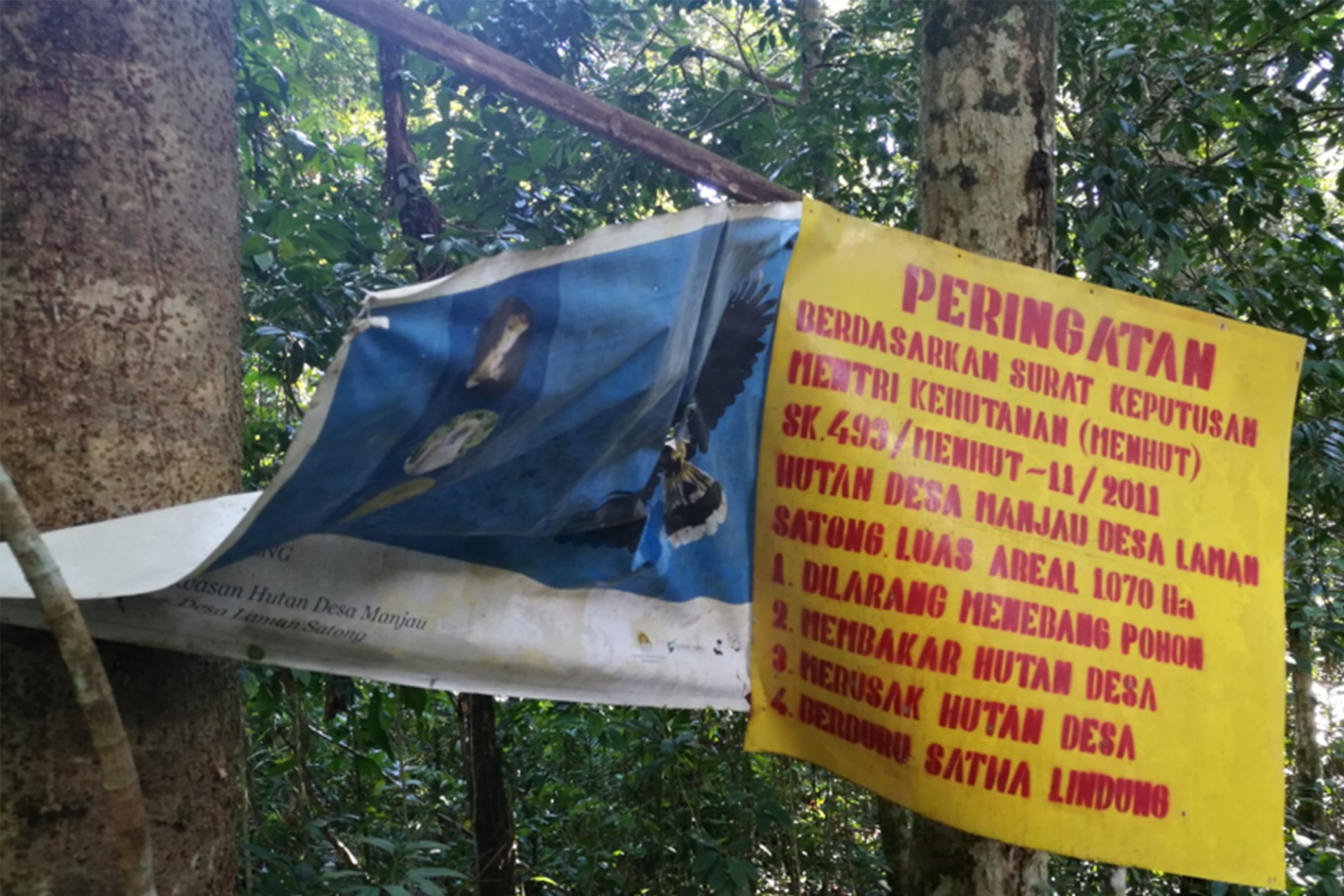 MEPS is a collaboration between the Durrell Institute of Conservation and Ecology (DICE) at the University of Kent UK with Fauna & Flora International (FFI), Lembaga Ilmu Pengetahuan Indonesia (LIPI, Indonesian Institute of Sciences), Borneo Futures, University of Queensland (UQ) in Australia, and Bangor University (UK). This project is funded by Darwin Initiative (British Government Development Aid) and The Woodspring Trust (Charitable Foundations, UK). Over the course of 2016-2019, we are studying the influence of community forestry projects on commonly stated goals of reducing deforestation and poverty in Indonesia, and take our findings to a variety of stakeholders in governmental and non-governmental groups.
MEPS is a collaboration between the Durrell Institute of Conservation and Ecology (DICE) at the University of Kent UK with Fauna & Flora International (FFI), Lembaga Ilmu Pengetahuan Indonesia (LIPI, Indonesian Institute of Sciences), Borneo Futures, University of Queensland (UQ) in Australia, and Bangor University (UK). This project is funded by Darwin Initiative (British Government Development Aid) and The Woodspring Trust (Charitable Foundations, UK). Over the course of 2016-2019, we are studying the influence of community forestry projects on commonly stated goals of reducing deforestation and poverty in Indonesia, and take our findings to a variety of stakeholders in governmental and non-governmental groups.
Our main objectives are to:
- Develop spatial datasets to evaluate the existing community forestry estate in Kalimantan and Sumatra, and inform the potential of proposed areas to meet goals in reducing deforestation and alleviating poverty.
- Produce case-studies in West Kalimantan that explore the nuances of why some community forestry projects succeed and others do not yet yield benefits.
- Disseminate this knowledge to governmental and non-governmental stakeholders involved in community forestry decisions in Indonesia.
- Advise government on ways that community forestry areas could be monitored nationwide.
The MEPS team collaborate closely with a network of governmental and non-governmental partners. The main field programmes are located in West Kalimantan Province, where we work with the Ketapang and Kapuas Hulu District governments. We also coordinate with the Indonesian Ministry of Environment and Forestry, and specifically with its Directorate for Social Forestry.
Research findings are regularly shared in national and international conferences and in discussions with non-governmental groups working on community forestry.
We engage closely with a number of communities who have shown an interest in developing community forestry projects.
